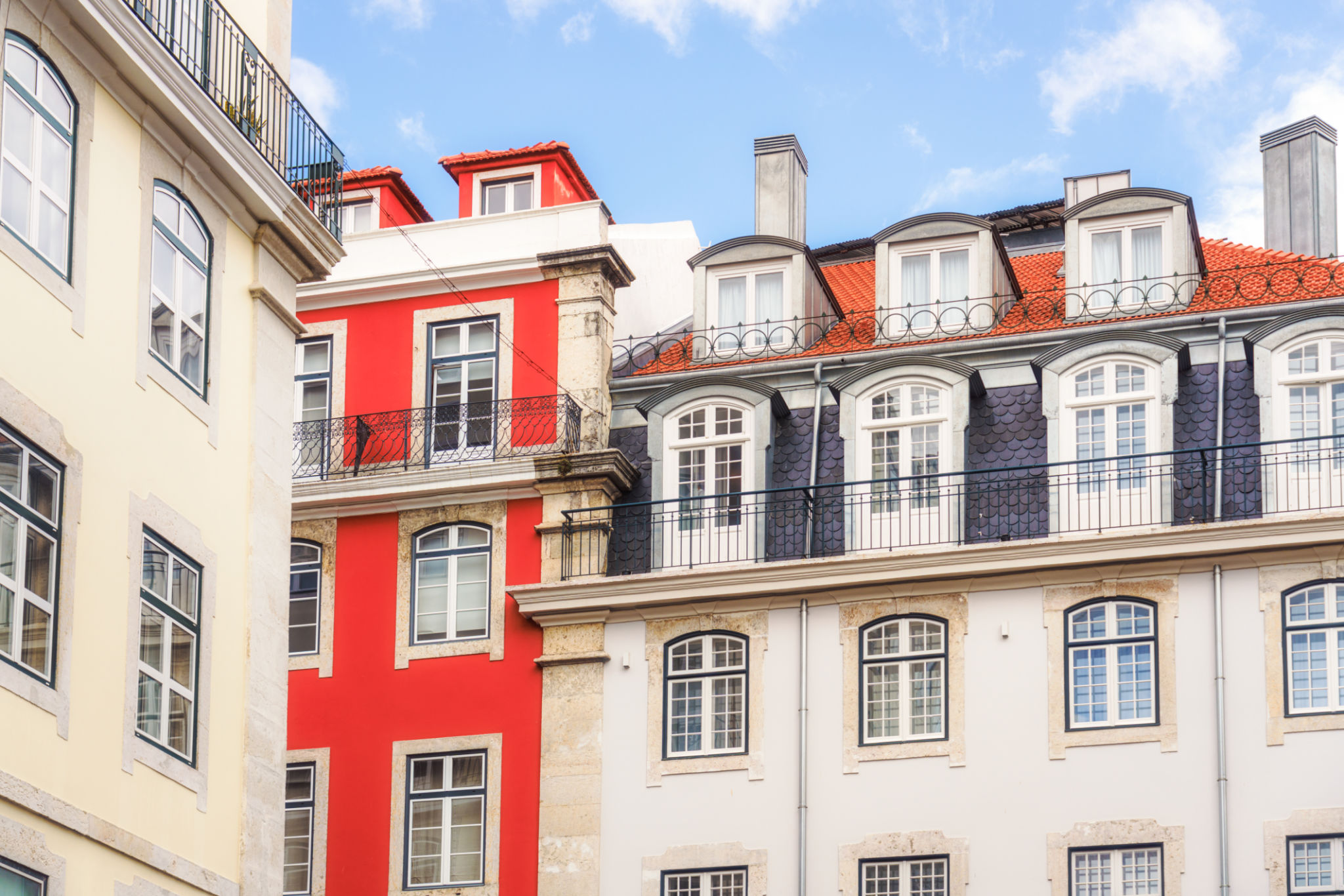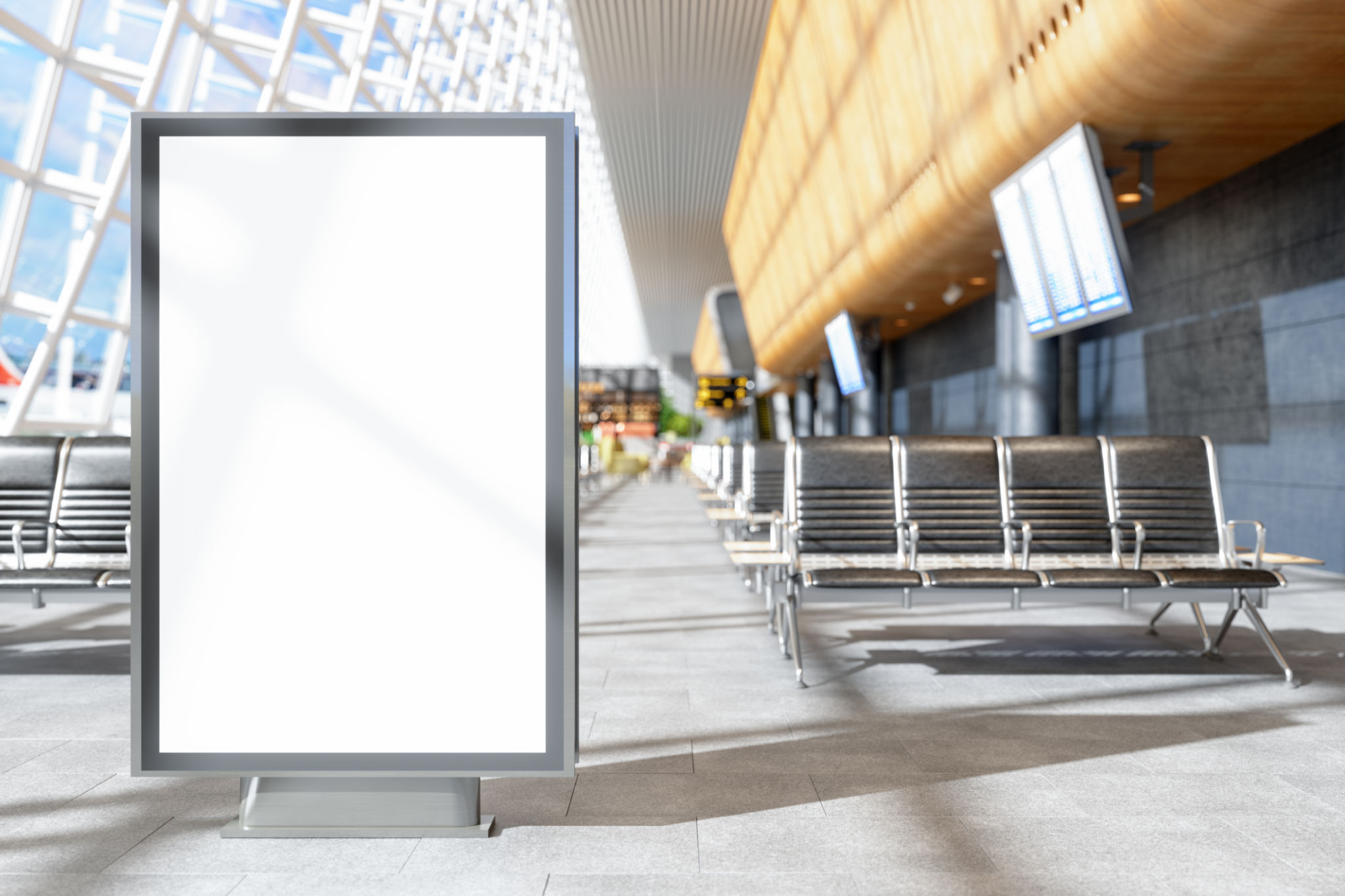A Beginner's Guide to Home Flipping in Portugal
Understanding the Basics of Home Flipping in Portugal
Home flipping, the practice of buying, renovating, and selling a property for profit, is gaining traction in Portugal. This vibrant country offers a unique blend of cultural charm and investment potential, making it an attractive option for both local and international investors. Before diving in, it's crucial to understand the basics of the Portuguese real estate market, local regulations, and economic factors that can impact your investment.

Researching the Portuguese Real Estate Market
Begin your home flipping journey by researching the Portuguese real estate market. Look into areas with high demand for housing, such as Lisbon, Porto, and the Algarve region. These locations often offer a higher return on investment due to their popularity with tourists and expatriates. In addition to location, consider the type of property that would appeal to potential buyers: urban apartments, seaside villas, or countryside homes.
It's also important to stay informed about market trends and property prices. Websites like Idealista and Imovirtual provide valuable insights and listings that can guide your decision-making process.
Navigating Legal Requirements and Regulations
Understanding legal requirements is a critical step in home flipping. Portugal has specific laws regarding property acquisition, renovation permits, and taxation. It's advisable to work with a local real estate lawyer who can help navigate these complexities and ensure compliance with all regulations, including the Golden Visa program if you're an international investor.

Budgeting for Renovations and Unexpected Costs
A successful home flip depends heavily on effective budgeting. Assess the renovation needs of the property carefully and obtain quotes from local contractors. Ensure your budget includes a contingency fund for unexpected expenses such as structural issues or rising material costs. A detailed budget helps prevent overspending and maximizes your profit margins.
Additionally, consider working with an architect or interior designer familiar with Portuguese styles and materials to elevate the property's appeal.
Marketing Your Property
Once renovations are complete, marketing your property effectively is key to a successful sale. High-quality photographs and compelling descriptions can attract potential buyers. Utilize online platforms, local real estate agents, and social media channels to reach a wider audience. Highlight unique features of the property that align with current market trends, such as energy-efficient systems or traditional Portuguese azulejos.

Understanding the Selling Process
The selling process in Portugal involves several steps, including listing the property, negotiating offers, and completing legal procedures like signing the promissory contract (Contrato de Promessa de Compra e Venda). It's beneficial to work with a reputable real estate agent who understands the local market dynamics and can facilitate a smooth transaction.
Remember to factor in taxes and fees associated with selling property in Portugal, such as capital gains tax and notary fees.
Conclusion: Embracing the Journey
Home flipping in Portugal can be a rewarding endeavor for those willing to embrace both its challenges and opportunities. By conducting thorough market research, understanding legal requirements, budgeting wisely, and marketing effectively, you can maximize your chances of success. Whether you're drawn by Portugal's rich culture or its promising real estate market, embarking on a home flipping project here can be a fulfilling journey.
Stay informed, be patient, and enjoy the process as you transform properties into desirable homes in this beautiful country.